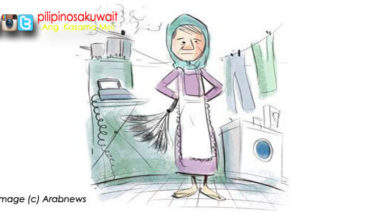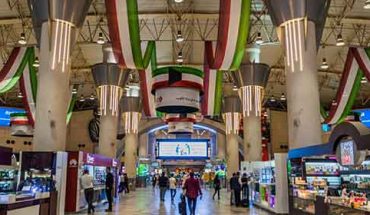Saudi Arabia plans to open the first alcohol store exclusively for non-Muslims diplomants in Riyadh, according to sources familiar with documents and plans.
The document seen by Reuters stated that customers will need to register using a mobile application, obtain a clearance code through the Foreign Ministry, and adhere to monthly quotas when making purchases.
This is an important step in Saudi Arabia’s efforts to promote tourism and business in this ultra-conservative Muslim country. Alcohol is prohibited in Islam.
This is part of a larger plan known as Vision 2030, which aims to create a post-oil-based economy.
Documents stated that the new store will be located in Riyadh’s Diplomatic Quarter – a neighborhood where diplomats and embassies are located – and “strictly” restricted to non-Muslims.
The store was not open to non-Muslims. Saudi Arabia is home to millions of expatriates, but the majority are Muslim workers from Asia or Egypt.
According to a source familiar with plans, the store should open within the next few weeks.
Saudi Arabia has a strict law against alcohol consumption that can result in hundreds of lashes or deportation. Fines and imprisonment are also possible. In the course of reform, a large part of whipping was replaced with jail sentences.
Alcohol was only available through diplomatic mail and on the black market.
On Wednesday, the government confirmed that reports published in state-controlled press were true. It was now imposing new alcohol restrictions within diplomatic consignments.
The Center of International Communication, or CIC, said that the new regulations were introduced to combat the illicit trade of alcoholic goods and products.
The CIC told Reuters that “this new process will continue and ensure” that all diplomats from non-Muslim embassies can access these products within specified quotas.
The statement didn’t mention the alcohol store but stated that the new framework respects international diplomatic conventions.
Saudi Arabia has relaxed its strict social codes in recent years. This includes the segregation of men and women in public places and the requirement that women wear abayas or black, all-covering robes.
Prince Mohammed’s tightening of his grip on power was accompanied by several changes, including the opening up of the country to non-religious tourists, concerts, and allowing women to drive.
Vision 2030 includes the development of local industries and logistic hubs and is aimed at creating hundreds of thousands of new jobs for Saudi citizens.
Source Reuters











